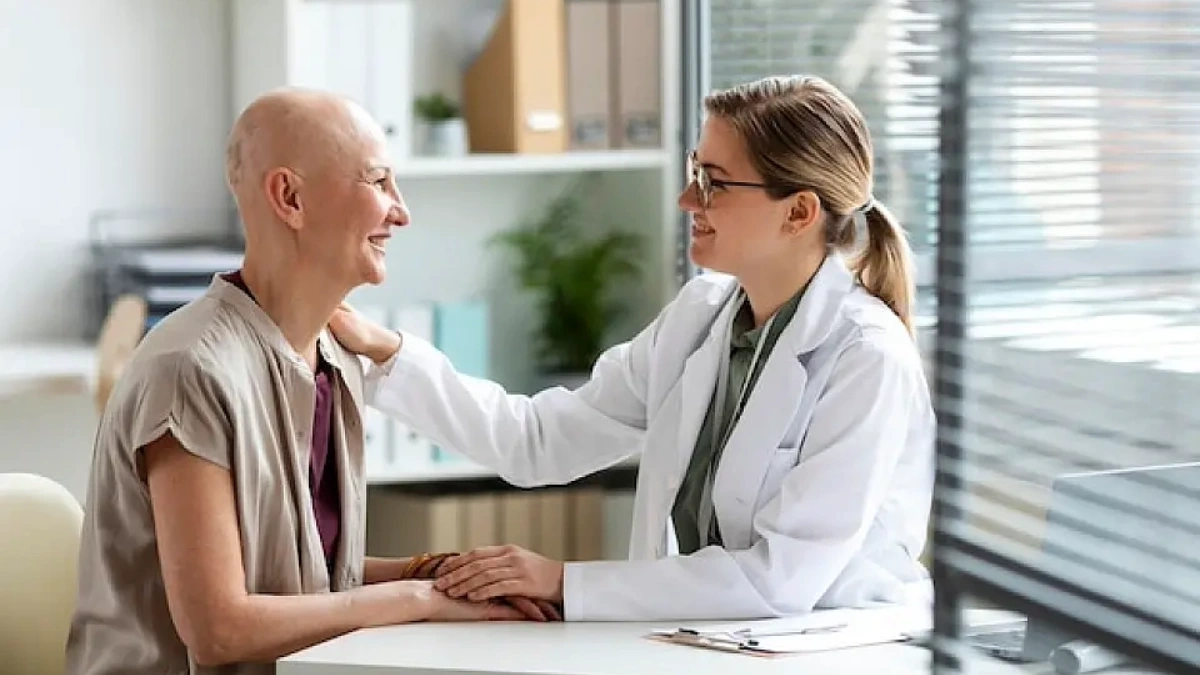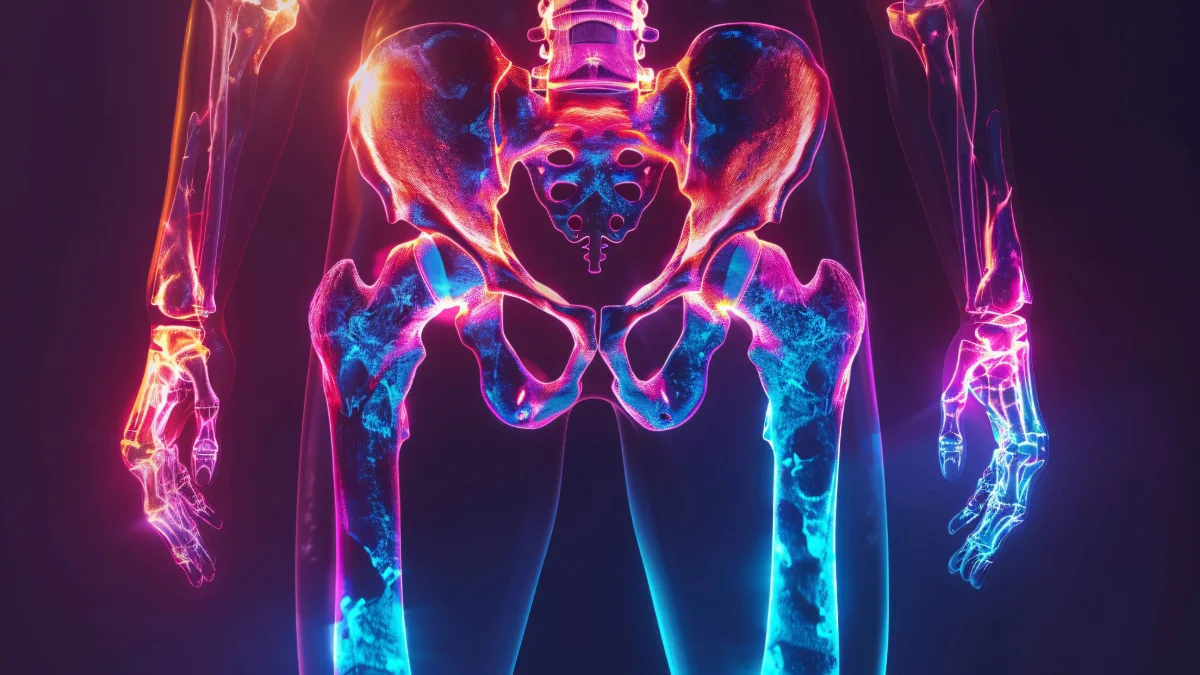Psycho-oncology in Turkey has emerged as a vital discipline that extends specialized psychological care to individuals affected by cancer, as well as their partners, families, and caregivers. This practice is integrated within the cancer care framework, collaborating closely with oncologists and nursing staff to address the psychological requirements of patients and their caregivers at every stage, from diagnosis through subsequent treatment phases.
Conditions and Treatments
Dealing with cancer can lead to distress, a common experience for patients and their loved ones during the diagnosis and treatment process, as well as dealing with the lasting effects of cancer. Patients often rely on their resilience and support networks of friends, family, and various supportive organizations. In Turkey, the role of cancer clinical nurse specialists, who are additionally trained in psychological support, is crucial in the provision of comprehensive care. However, individuals experiencing persistent distress might benefit from further intervention from psychological care specialists, accessible at any point in their cancer journey. This highlights the importance of psycho-oncology in Turkey for comprehensive support.
What is Psycho-oncology?
Psycho-oncology employs psychotherapy, cognitive-behavioural therapy (CBT), and counselling to address the psychological, social, and behavioural challenges associated with living with cancer. This discipline focuses on the psychological responses of patients and their families throughout all cancer stages, offering therapeutic interventions that address behavioural and social impact factors impacting the psychological processing of the disease. For this reason, psycho-oncology therapy in Turkey is essential.
Why is Psycho-oncology Useful?
Psycho-oncology interventions are crucial for patients experiencing psychological symptoms such as anxiety and depression arising from their cancer experience. These services provide additional support during the cancer journey, also assisting with symptoms like nausea or pain, ensuring adherence to treatment guidelines, and addressing needle-related anxieties. Many people in Turkey have found psycho-oncology services to be particularly helpful during their cancer treatment.
How Can Psycho-oncology Improve Quality of Life?
By addressing emotional issues, psycho-oncology helps manage anxiety, depression, and fear of cancer progression. It also aids in tackling practical and social challenges like returning to work, financial burdens, child care, and housing issues. Supporting familial dynamics and spiritual concerns is part of comprehensive patient care, facilitating improvements in lifestyle, nutrition, exercise, and stress management. The impact of psycho-oncology in Turkey is significant in enhancing overall well-being.
Which Physical Symptoms of Cancer Can Benefit from Psycho-oncology?
Psycho-oncology aids in managing physical symptoms such as pain, fatigue, sexual difficulties, insomnia, and cognitive issues like “chemo fog.” Practitioners include psychiatrists, psychologists, therapists, and nurses trained in this field, ensuring they provide comprehensive care catered to cancer patients’ needs. In Turkey, psycho-oncology integrates these services effectively within the cancer care system.
Who Practices Psycho-oncology?
A team of experts, including consultant psychiatrists, psychologists, counselors, and specialist nurses, practice psycho-oncology. These professionals work together to offer tailored psychological support to those affected by cancer, leveraging their unique skill set to enhance patient and family well-being. The collaborative approach of psycho-oncology in Turkey ensures comprehensive patient care.
Psychosocial Oncology in Turkey
Psychosocial oncology in Turkey is a specialized field addressing the psychological, emotional, behavioural, and social challenges cancer imposes on patients and their loved ones. This speciality focuses on the complex emotional responses and behavioural difficulties associated with living with cancer, ensuring comprehensive care for affected individuals. It illustrates the broader commitment to psycho-oncology in Turkey.
How Does a Psychosocial Oncologist Help Patients, Families, and Support Partners?
Psychosocial oncologists in Turkey assist in improving lifestyle habits and reducing cancer risks, assessing psychological adjustments, treating symptoms like depression and anxiety, and facilitating family communication and decision-making. Their unique skills, including grief interventions and research, foster better outcomes for cancer patients and their support networks. Thus, the role of psycho-oncology in Turkey is multifaceted and crucial.
When to Seek Professional Assistance
Engaging with Turkey’s renowned psycho-oncologists, like those from OZ Psychological Consultancy, provides valuable support in a safe environment where problems can be discussed openly. This involves an empathetic approach to caregivers’ emotional needs, emphasizing that they are not alone. Psycho-oncology services enable the development of practical coping skills and management strategies for the challenges posed by cancer diagnosis and treatment. Numerous people have found psycho-oncology in Turkey to be a crucial resource.
Supporting Caregivers
Caregivers often face a higher emotional burden than patients, with significant levels of depression noted throughout the illness process. Psycho-oncology services in Turkey recognize the importance of supporting caregivers to ensure they manage their mental and physical health, enhancing the quality of care they provide. Supporting caregivers is a key aspect of the psycho-oncology practice in Turkey.
Conclusion
In conclusion, psycho-oncology in Turkey provides an integrated and essential service for cancer patients and their caregivers, addressing the multifaceted psychological challenges encountered throughout the cancer journey. The commitment of facilities like Avicenna International Hospital to incorporating psycho-oncology into their oncology departments exemplifies the evolving landscape of patient-centred cancer care.







